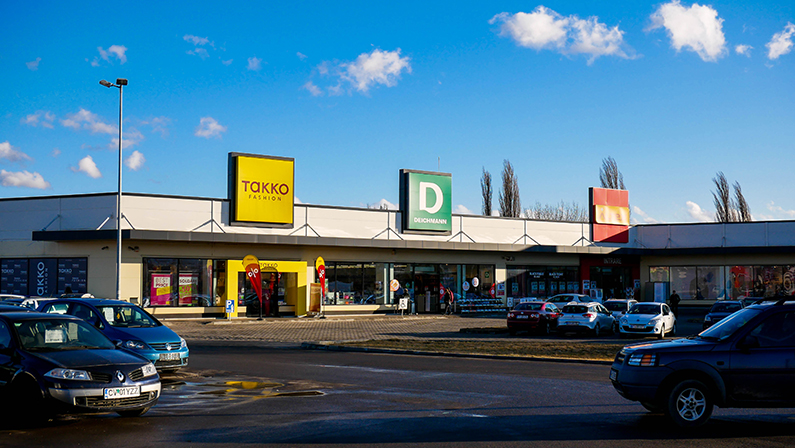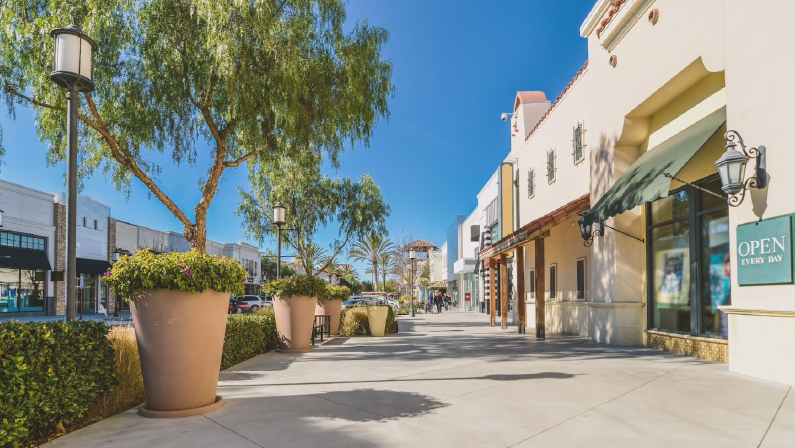In today’s rapidly diversifying investment landscape, retail properties are a unique and potentially profitable venture. For investors seeking tangible assets with steady cash flows, retail real estate presents an exciting option. This guide will help you grasp the fundamentals of retail property investing.
What is Retail Property?
Retail property refers to real estate used for retail purposes—stores, malls, and shops. It includes everything from tiny standalone units to expansive shopping centers. Retail property stands out in real estate due to its unique leasing arrangements and potential for high returns.
Types of Retail Real Estate
Understanding the different forms of retail real estate is vital to successful investing. Potential investors should be aware that each type offers unique opportunities and challenges.
Shopping Malls

Shopping malls are large enclosed spaces housing multiple retail stores. Not only do they attract consumers for shopping but also for entertainment, making them a vital part of the retail landscape.
Lifestyle Centers and Power Centers
Lifestyle centers are mixed-use developments that combine retail with other features, such as dining and entertainment options. Power centers, on the other hand, are characterized by several big-box retailers with fewer small specialty stores.
Strip Malls
Strip malls are a type of shopping mall where the stores are arranged in a row, with a walkway in front. These are usually suburban, serving the day-to-day needs of consumers.
Convenience Centers

Convenience centers are small-scale retail properties that cater to a local customer base, usually comprising a supermarket and several small service or retail shops.
Pros of Investing in Retail Real Estate
Investing in retail real estate comes with several attractive benefits. Here’s a look at some of them.
Triple-Net Leases

In a triple-net lease, tenants are responsible for real estate taxes, insurance, maintenance, and rent, reducing the responsibility and potential costs for the landlord.
Longer Leases
Retail properties often have more extended lease agreements. These longer terms provide a more stable and predictable income stream.
Anchor Stores Can Drive Up Rents
Anchor stores, the primary draw for shoppers, can drive foot traffic to malls and shopping centers. This increased foot traffic can drive up rents for other tenants, translating into higher income for the property owner.
Portfolio Diversification
Including retail properties in your investment portfolio can increase diversification, potentially reducing risk and boosting returns.
Cons of Investing in Retail Property
Like any investment, retail real estate comes with some downsides. Here are a few challenges that investors need to consider.
Impacted by Economic Downturns
The retail industry can be significantly affected by economic downturns. During a recession, consumers may reduce spending, leading to lower store profits, decreased rent payments, or even vacancies.
Difficult to Find New Tenants
Attracting new tenants, especially in a competitive retail environment, can be challenging. Furthermore, spaces may need to be remodeled or customized to suit the needs of a new tenant, leading to additional costs.

Changes to the Area Can Affect Property Value
A decline in the desirability of an area, increased competition, or shifts in consumer behavior can also impact retail property values.
How to Find the Right Retail Property
To invest wisely in retail real estate, it’s essential to consider the following factors.
Choose a Good Location
A prime location with high traffic and easy access will help ensure the success of the retail property. Research the local market, demographics, and competition to make an informed decision.
Assess the Condition of the Property
Retail properties require regular maintenance to remain attractive to customers. Examine the property’s condition and plan for any needed improvements or repairs.
Have a Look at the Financials
Review the rent roll, income statement, and ownership expenses to evaluate the property’s financial health and potential return on investment.
Review the Existing Leases
Examine the existing lease agreements to understand the terms and any potential pitfalls or benefits associated with the current tenants.
Hire a Commercial Real Estate Broker – Get In Touch With Apex Realtors Today
As you navigate the complexities of retail property investing, you must partner with experts in the field. Apex Realtors, a full-service real estate company in Houston, Texas, offers services such as residential properties, investment sales, leasing, and tenant advisory.
With our in-depth knowledge of the local market, Apex Realtors can guide you in selecting the best investment opportunities that align with your financial goals. From discovering the right retail property to negotiating the best terms, Apex Realtors is dedicated to your success.In conclusion, investing in retail properties presents a unique opportunity to diversify your portfolio and generate steady cash flow. The key to success lies in careful planning, meticulous research, and partnering with a team of real estate experts like Apex Realtors. Contact us today to get started on this exciting journey.

